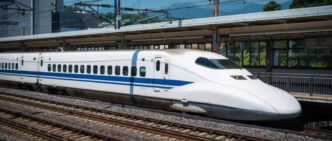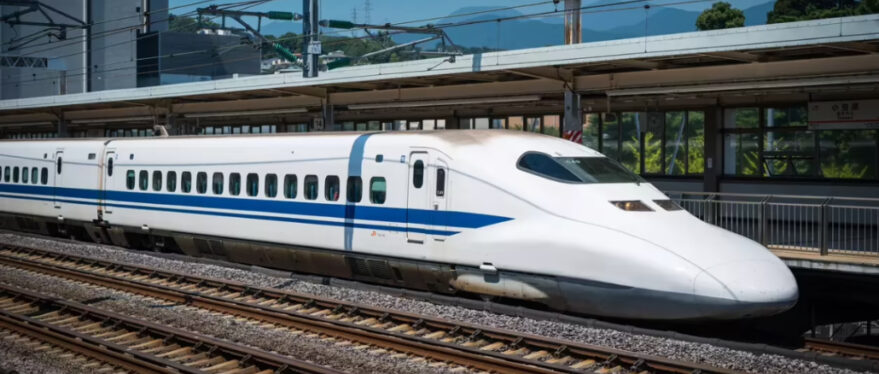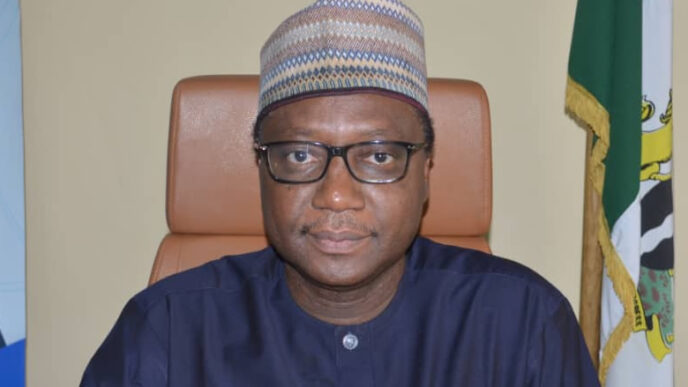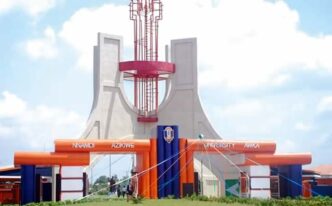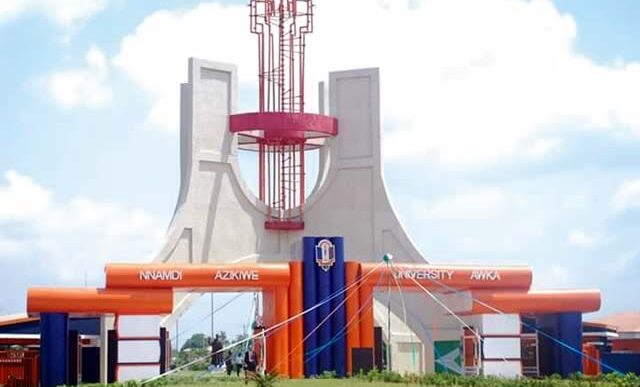Nigeria is set for a historic transformation as plans for a 4,000-kilometre high-speed rail line, popularly called a bullet train, were unveiled alongside major gas development initiatives.
The unexpected project is projected to change the country’s transport and energy landscape within 36 months of commencement.
At a briefing in Abuja, De-Sadel Nigeria Limited in partnership with China Liancai Petroleum Investment Holdings Limited announced the project, presenting a $60 billion proof of funds to the Secretary to the Government of the Federation (SGF), Sen. George Akume.
The rail network is designed to link Lagos, Abuja, Kano, and Port Harcourt, while the gas sector will be expanded to power the trains.
The combination of rail and energy development is expected to fast-track Nigeria’s industrialisation and position the country as a leader in modern African rail transport.
Chief Executive Officer of De-Sadel Nigeria Limited, Samuel Uko, explained:
“The 1,600 kilometres that cover the country’s four major cities will take us 36 months to build.
But we won’t wait until the 36th month. As we progress through the states, residents of completed sections will begin to enjoy the speed train.”
He added that the funding would come from the Asian Development Investment Bank, with the first phase alone valued at $55 billion.
Uko also highlighted the strong connection between gas expansion and the success of the rail project.
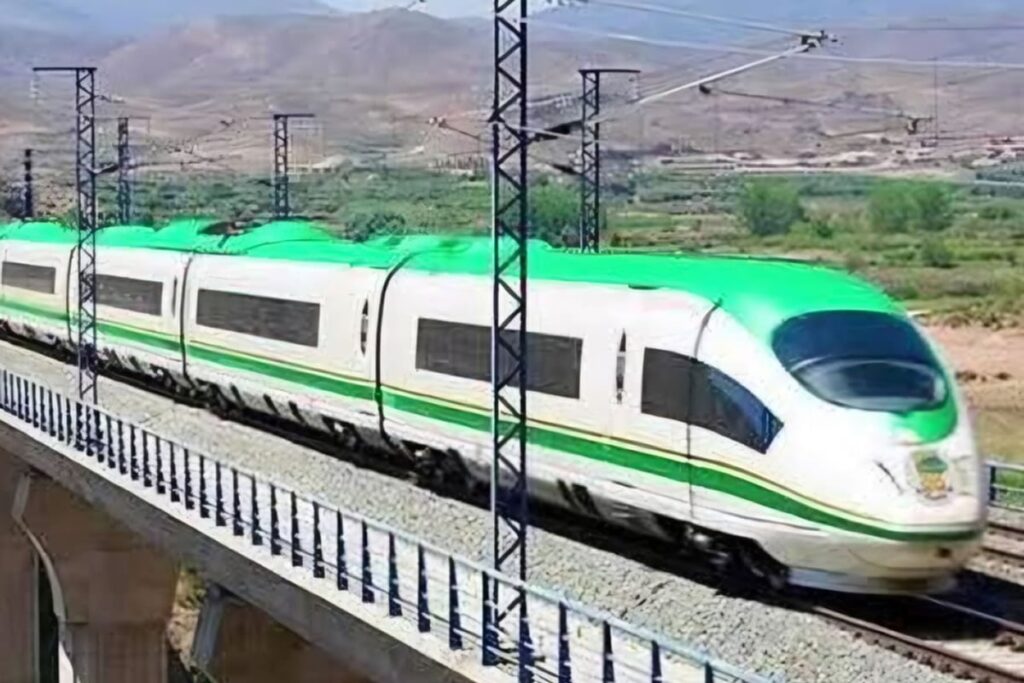
“You cannot develop high-speed rail without developing the gas aspect of the economy. The raw material for high-speed rail is power, and the raw material for power is gas. We must expand our gas sector to power this transformative project.”
This alignment between transport and energy is expected to create thousands of jobs, attract global investors, and strengthen local industries.
In response, SGF George Akume commended the proposal but emphasised the need for due diligence.
“This administration is business-friendly, but we must ensure that partnerships are reliable, credible, and beneficial to all parties.
The $60 billion proof of funds submitted will be critically reviewed to guarantee the viability and timelines of the bullet train project.”
He assured Nigerians that the government will adopt global best practices before giving full approval, stressing that the project’s impact must be both sustainable and far-reaching.
If approved, the bullet train project will mark the largest infrastructure investment in Nigeria’s history, reshaping transportation and boosting the gas economy.
The rail network is expected not only to ease movement between key cities but also to reduce congestion, cut travel time, and enhance business activities nationwide.
